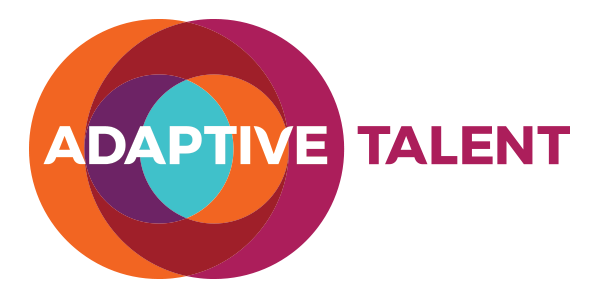Bull Houser recently published some tips for BC employers on how to properly construct and communicate bonus plans to maximize flexibility for the employer and clarity for the employees. Here are the three main tips:
Be Clear in your Bonus Plan:
The employer in Piron had no written bonus plan in place. The Court found that the basis for payment of the bonuses also never appeared to have any express parameters. Clarity is key to the success of any bonus plan for an employer, and the ideal plan will include provisions that clearly define the term of the plan (i.e. Is it fixed to a particular time period or project, or is it indefinite in nature?), the bonus criteria (i.e. What criteria must be achieved for a bonus to be payable, are there subjective and/or objective elements to the criteria, and, if there are subjective elements, who within the organization will determine if those elements are met, etc.), what form of compensation will the bonus take (i.e. Will the bonus be a cash award, a trip, a gift of some sort, time off, stock options, etc.), the date the bonus is payable, and what happens to any bonus entitlement upon termination of employment.
Use Your Discretion when Awarding Discretionary Bonuses:
If your bonus plan is to be truly discretionary in nature, your plan should include an express provision to that effect, you should exercise that discretion, and continue to communicate its discretionary nature. Even if the plan is clearly framed as discretionary, if the employer’s practice is that employees always receive bonuses without any significant variation, a Court may not find that there was a real discretionary element to the bonus plan.
Reserve your Right to Change the Bonus Plan in Your Discretion:
Employers often want considerable flexibility to change bonus plans to ensure that they are structured to meet the ever changing market conditions. The problem for the employer is that bonus plans are often a fundamental term of employment for employees, and, if the plan is not properly drafted, the employer may be obligated to provide reasonable notice of any material change that is adverse to the employee. Employers may be able to meet these challenges by ensuring both the plan and employment language are consistent in reserving the employer’s right to change the bonus plan in its discretion at any time.
The plan itself is just a small component to a properly constructed total compensation strategy, and more broadly of an employee engagement framework. Adaptive Talent’s total rewards and culture and organizational development consultants help employers achieve amazing results and ongoing adaptability so please contact us.
—
Adaptive Talent is a talent consultancy designed to help organizations achieve amazing results and ongoing adaptability. Founded in 2008 and based in Vancouver, Canada we offer retained search, assessments, total rewards consulting, training, leadership coaching and development programs, and culture & organizational development consulting.

